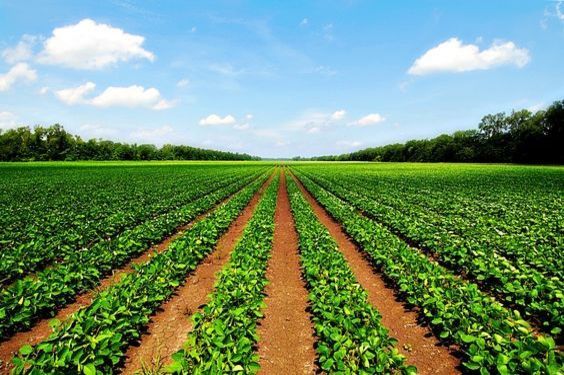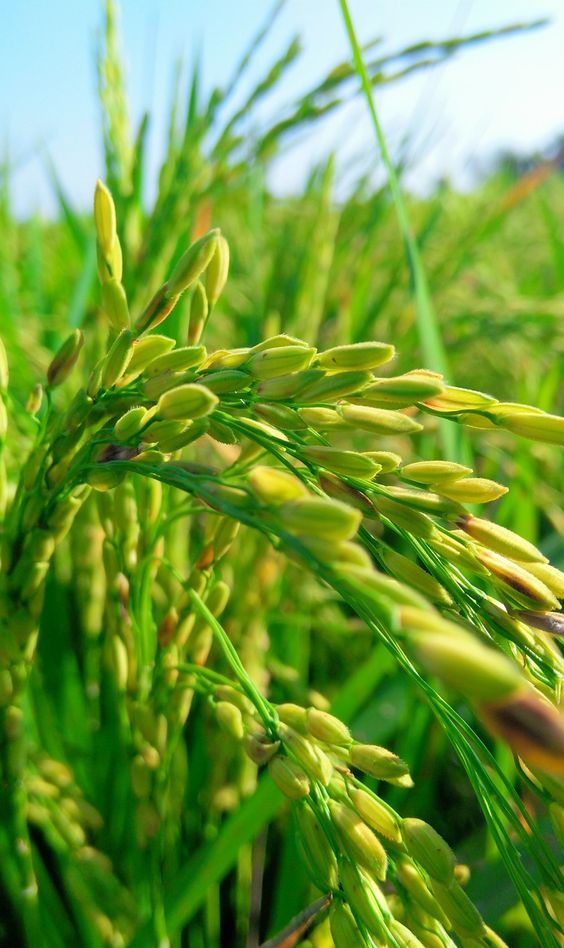Agricultural Waste Conversion: Transforming Challenges into Opportunities
Agricultural Waste Conversion,The agricultural sector, while a cornerstone of global food security, is also a significant contributor to environmental challenges. The generation of vast quantities of agricultural waste, including crop residues, animal manure, and food processing byproducts, poses a pressing issue. This waste not only occupies valuable land but also releases greenhouse gases, contaminates water bodies, and contributes to soil degradation. However, this challenge presents a remarkable opportunity to harness the potential of agricultural waste through innovative and sustainable solutions.
Smart agriculture, characterized by its data-driven, technology-enabled approach, offers a promising pathway to address this issue. By integrating advanced technologies and digital platforms, we can effectively convert agricultural waste into valuable resources, thereby promoting a circular economy and enhancing the overall sustainability of the agricultural sector.
Contents
The Challenge of Agricultural Waste
Agricultural waste is a complex and multifaceted problem with far-reaching implications. The sheer volume of waste generated is staggering, overwhelming traditional waste management systems. Moreover, the composition of agricultural waste varies widely, depending on factors such as crop type, livestock practices, and regional climatic conditions. This diversity poses significant challenges for developing effective and efficient waste management strategies.
One of the most critical concerns associated with agricultural waste is its environmental impact. Open burning, a common practice in many regions, releases harmful pollutants into the atmosphere, contributing to air pollution and climate change. Landfilling of agricultural waste can lead to leachate contamination of groundwater and soil, posing risks to human health and ecosystems. Additionally, the decomposition of organic waste in landfills produces methane, a potent greenhouse gas.
Smart Agriculture: A Game-Changer
Smart agriculture, with its emphasis on data-driven decision-making and technological innovation, offers a powerful toolkit for addressing the agricultural waste challenge. By leveraging advanced technologies such as remote sensing, IoT, artificial intelligence, and precision agriculture, we can optimize waste management practices, enhance resource efficiency, and create new value from agricultural byproducts.
Key components of smart agriculture for waste management include:
- Waste characterization and mapping: Utilizing remote sensing and GIS technologies to identify and map different types of agricultural waste across regions.
- Waste collection and logistics optimization: Employing IoT sensors and data analytics to optimize waste collection routes and schedules.
- Waste treatment and conversion: Developing innovative technologies for converting agricultural waste into biofuels, bio-based products, compost, and other valuable materials.
- Market development and value chain integration: Creating sustainable markets for waste-derived products and integrating them into existing value chains.
Benefits of Agricultural Waste Conversion
The conversion of agricultural waste into valuable products offers a multitude of benefits, including:
- Environmental benefits: Reducing greenhouse gas emissions, mitigating air and water pollution, conserving land and water resources, and promoting soil health.
- Economic benefits: Creating new income streams for farmers and rural communities, generating employment opportunities, and stimulating local economies.
- Energy security: Producing biofuels and other renewable energy sources to reduce dependence on fossil fuels.
- Resource efficiency: Maximizing the utilization of available resources and minimizing waste.
- Social benefits: Improving rural livelihoods, enhancing food security, and promoting sustainable development.
Technologies and Processes for Waste Conversion
A wide range of technologies and processes can be employed for converting agricultural waste into useful products. Some of the most promising approaches include:
- Anaerobic digestion: Converting organic waste into biogas, which can be used for electricity generation, heat production, or vehicle fuel.
- Composting: Transforming organic waste into nutrient-rich compost for soil improvement.
- Biofuel production: Converting biomass into liquid fuels such as ethanol and biodiesel.
- Bio-based products: Producing bioplastics, bio-chemicals, and other value-added products from agricultural residues.
- Energy recovery: Utilizing waste as a feedstock for power generation through incineration or gasification.
Case Studies and Best Practices
Several successful case studies demonstrate the potential of agricultural waste conversion. For example, in India, numerous farmers have adopted biogas digesters to produce clean cooking fuel and organic manure. In Brazil, the sugarcane industry has developed a thriving bioethanol sector, contributing significantly to the country’s renewable energy goals.
To achieve widespread adoption of agricultural waste conversion technologies, it is essential to promote best practices and knowledge sharing. This can be facilitated through capacity building programs, extension services, and the establishment of demonstration farms and centers of excellence.
Challenges and Opportunities Agricultural Waste Conversion
Agricultural Waste Conversion,While the potential benefits of agricultural waste conversion are significant, there are also challenges to be addressed. These include:
- Technological maturity: Some waste conversion technologies are still in the development stage and require further research and innovation.
- Economic viability: Achieving economic profitability for waste conversion projects can be challenging, especially in regions with low agricultural incomes.
- Infrastructure development: Adequate infrastructure for waste collection, transportation, and processing is essential for successful implementation.
- Policy and regulatory frameworks: Supportive policies and regulations are needed to create an enabling environment for waste conversion initiatives.
Despite these challenges, the opportunities for agricultural waste conversion are immense. By investing in research and development, promoting public-private partnerships, and creating favorable policy environments, we can unlock the full potential of this valuable resource and build a more sustainable future for agriculture.
Farmer Empowerment and Education
Agricultural Waste Conversion,Central to the success of agricultural waste conversion is the empowerment and education of farmers. They are the primary generators of agricultural waste, and their active participation is crucial for effective waste management and resource recovery.
- Knowledge and Skill Development: Farmers need to be equipped with the necessary knowledge and skills to understand the value of agricultural waste, implement appropriate management practices, and adopt new technologies.
- Economic Incentives: Providing financial incentives, such as subsidies or premium prices for waste-derived products, can encourage farmers to participate in waste conversion programs.
- Capacity Building: Investing in extension services and farmer training programs can help build the capacity of farmers to manage waste effectively.
- Farmer Cooperatives: Promoting the formation of farmer cooperatives can facilitate collective action, resource sharing, and access to markets for waste-derived products.
Agricultural waste conversion represents a paradigm shift in how we manage and value agricultural resources. By embracing smart agriculture principles and leveraging advanced technologies, we can transform waste into wealth, creating a win-win situation for farmers, the environment, and society as a whole. It is imperative that we accelerate efforts to develop and implement innovative waste management solutions to address the pressing challenges of our time.




